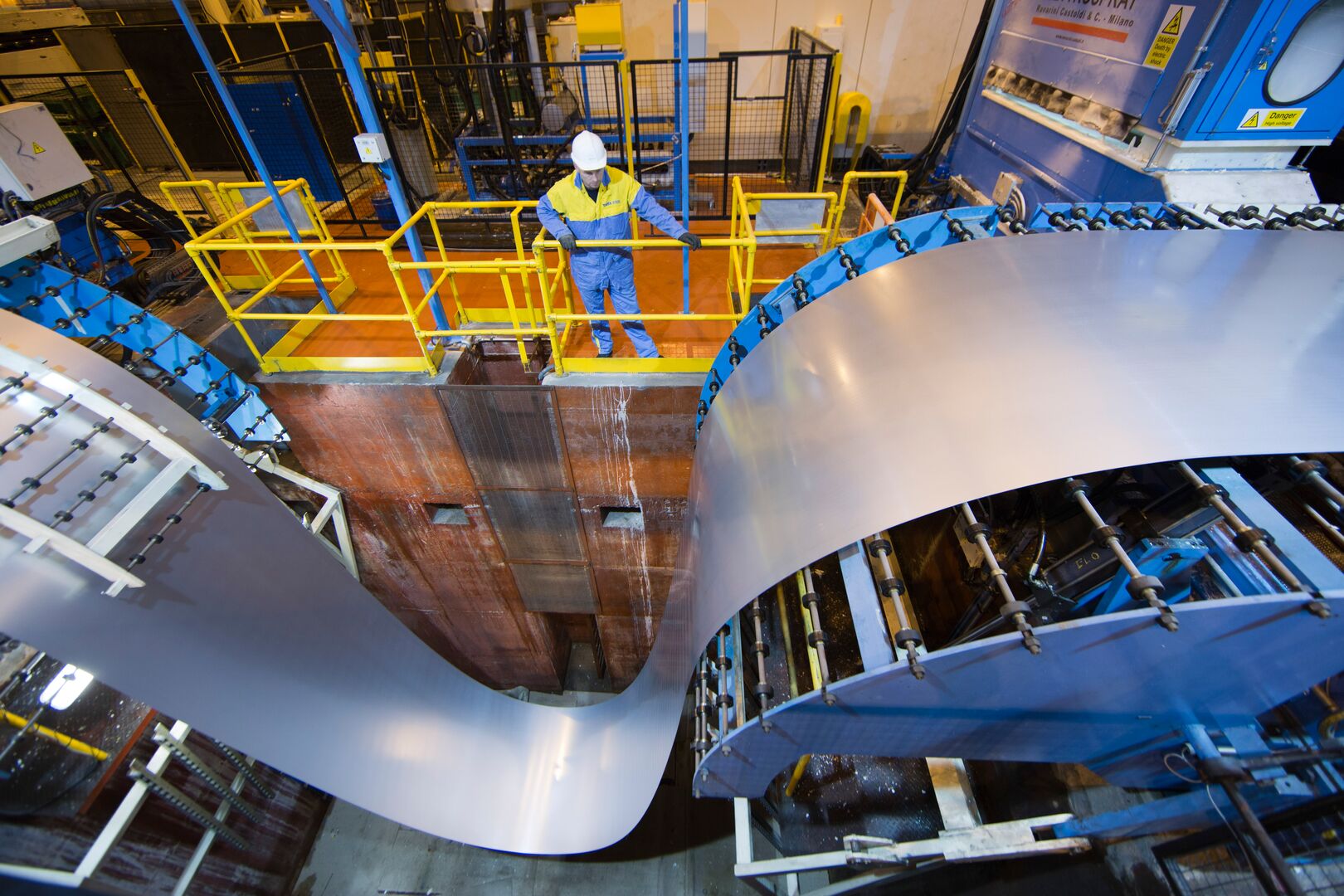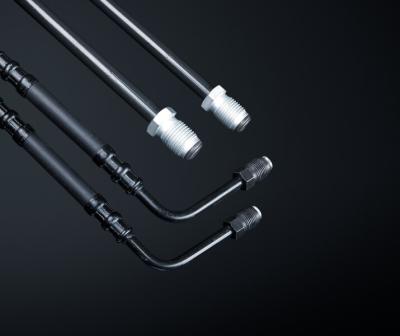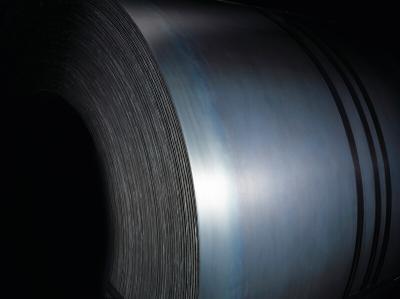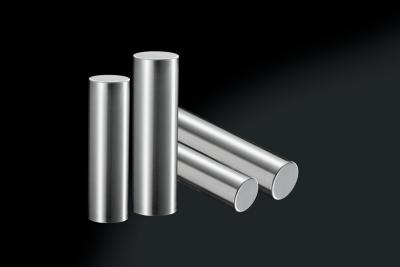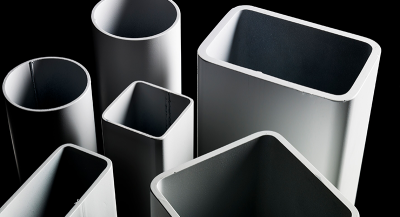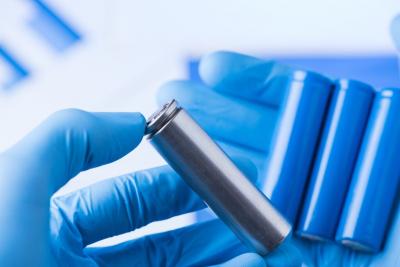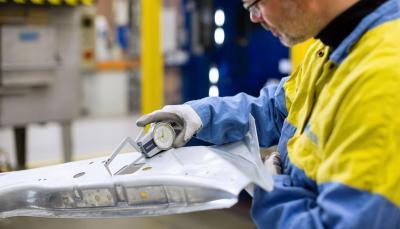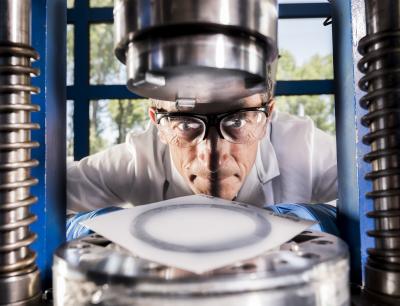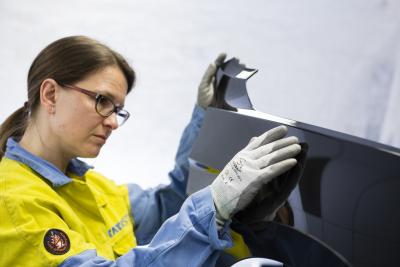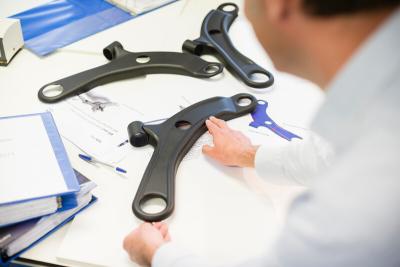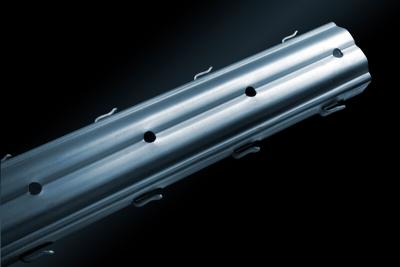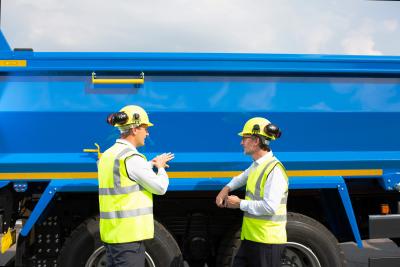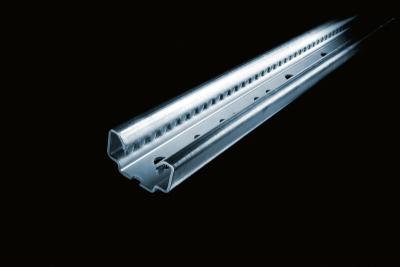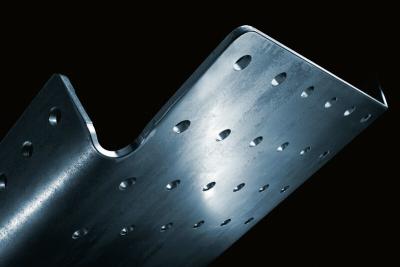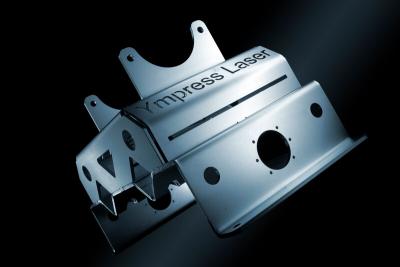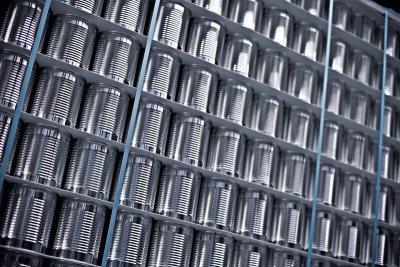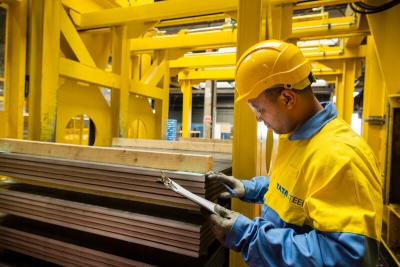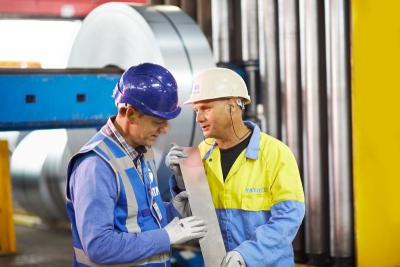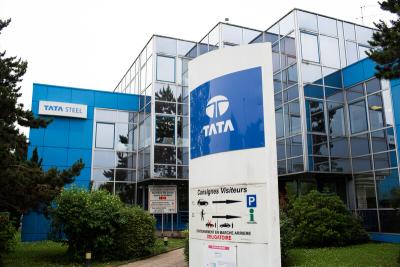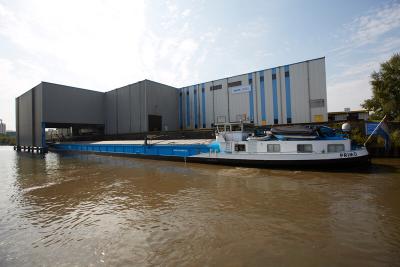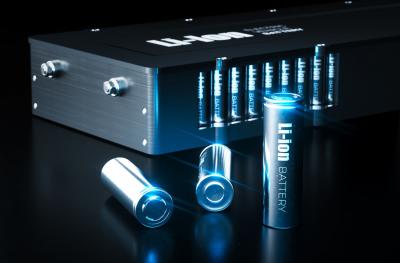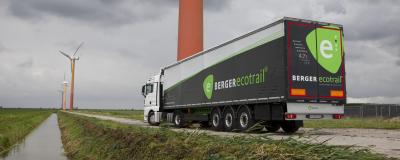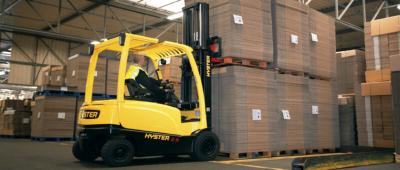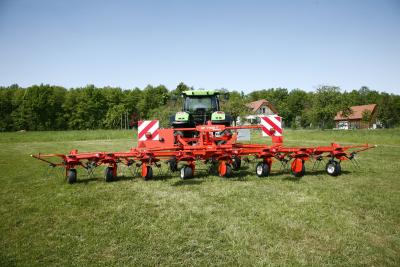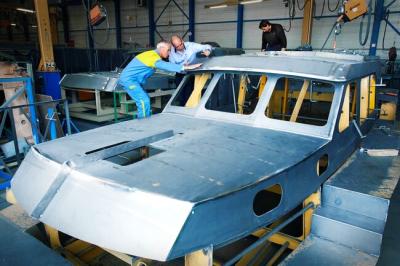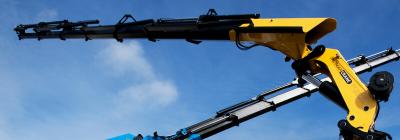The symposium gives universities, researchers and businesses the opportunity to find out about the latest thinking on ferrous metallurgy.
At the symposium PhD and EngD students will showcase their research with particular emphasis on the ferrous sector.
The aim of the symposium is to:
• Allow PhD researchers and university departments from across the UK to showcase their research
• Inspire academics and research students to engage in the research challenges of the steel industry
• Enable industry colleagues and academics to form strong and lasting networks
Bessemer Lecture
"Collaboration to boost evolution and revolution in ironmaking and steelmaking" by Rob Boom
Collaboration accelerates evolution as well as revolution in steel production technology, however it does not always deliver. Examples are replacement of coke by pulverized coal in blast furnace ironmaking (successful) and the world-wide attempts to direct steelmaking (failed). How to initiate, continue and finish collaboration is demonstrated by the development of sublance sensor technology for oxygen steelmaking control. The ultimate collaborative project to reach ultra-low CO2 steelmaking (ULCOS) as organized by the EU research fund for coal and steel generated four feasible solutions. Two of them were further developed using CO2 capture-and-storage (CCS). Change in public acceptance of CCS made these solutions obsolete. Hydrogen metallurgy is now considered the environmental solution, asking for strong collaboration again. Steelmakers should cherish their collaborative nature which is unique as compared to producers of other metals such as aluminium.


In addition to our Apprentice, Higher Apprentice and Graduate schemes, Tata Steel UK also supports an Engineering Doctorate scheme with many of the UK’s leading universities.
Find out more about the many career opportunities within Tata Steel UK.
For more information about Tata Steel UK, see below:
EN-SteelCast-Tata Steel Podcasts
EN-Corporate-Tata Steel UK Factsheet 2022
Tata Steel UK Factsheet
EN-Tata Steel UK Steel Matters Infographic 2022
Tata Steel UK Steel Matters Infographic
